Although heavily criticised at the time, 25 years on the minimum wage policy has been deemed a huge economic success, increasing the income of the UK’s lowest earners by £6,000 per year.
Introduced by Labour in 1999
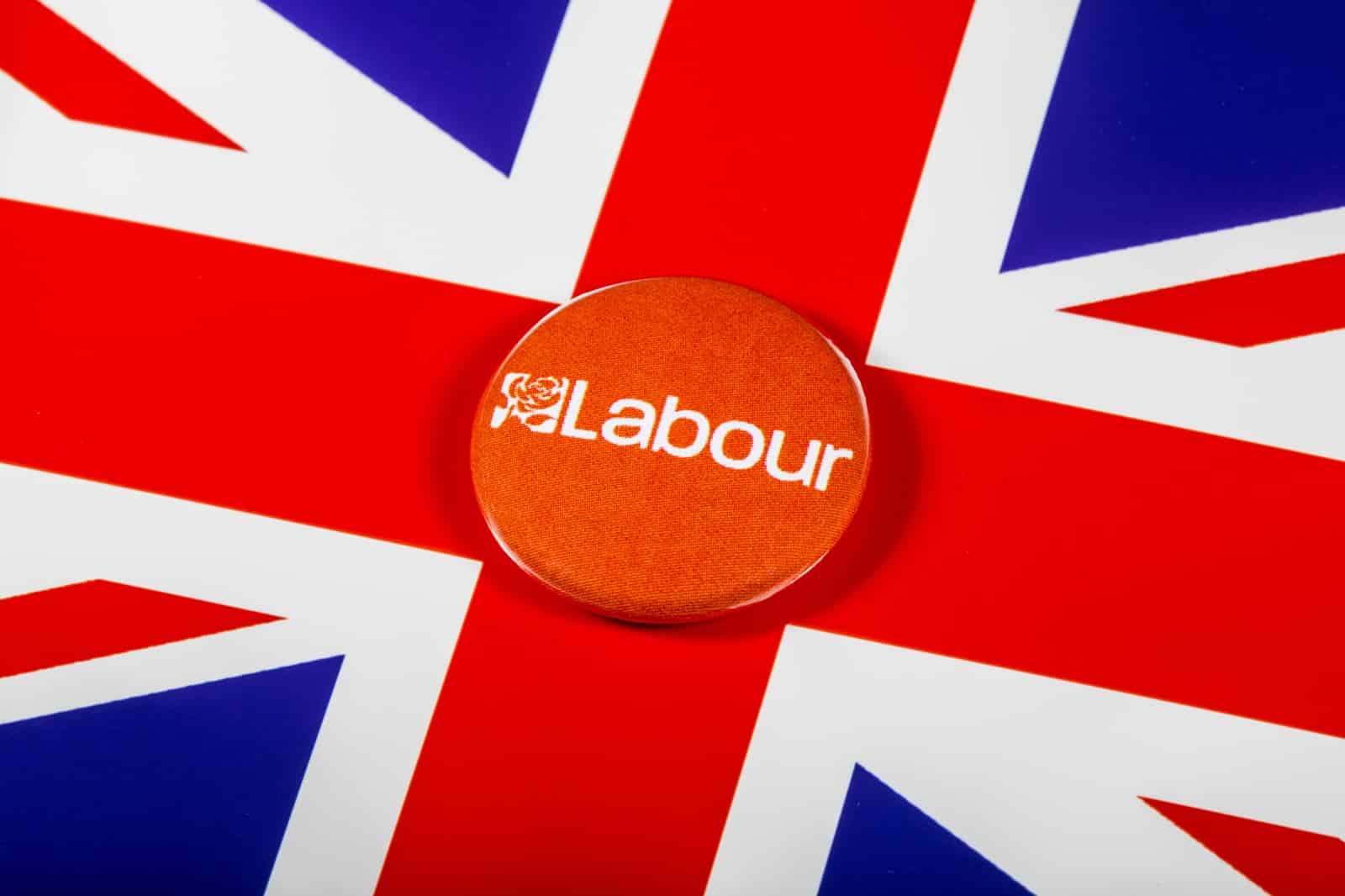
The policy was first introduced 25 years ago, and was heavily criticised by businesses and political opponents at the time. It went on to secure cross-party agreement and has been accepted by business.
Study Shows Workers Are £6,000 per Year Better Off

Work by the Resolution Foundation shows that lower-paid employees would be £6,000 worse off if their pay had tracked the previous averages.
Fresh Increase of Minimum Wage Boost for Workers

On April 1st the national minimum wage will rise from £10.42 to £11.44. This is a rise of 9.8%, and is 7.8% above inflation. It’ll come as a welcome boost for employees when the cost of living crisis has been biting for so long.
Researchers Urging Government to Learn From Minimum Wage Success

Nye Cominetti, principal economist at the Resolution Foundation, said…
“Politicians should reflect on why the minimum wage has been so successful – such as the combination of long-term political direction and independent, expert-led oversight – and whether this approach could be broadened to tackle some of the UK’s other low pay challenges.”
Minimum Wage Still Causes Division

Although broadly accepted as a success, minimum wage still has plenty of critics. Some suggest that the minimum wage is too high, causing businesses to struggle, and in some cases, close.
Others Argue Minimum Wage Not High Enough
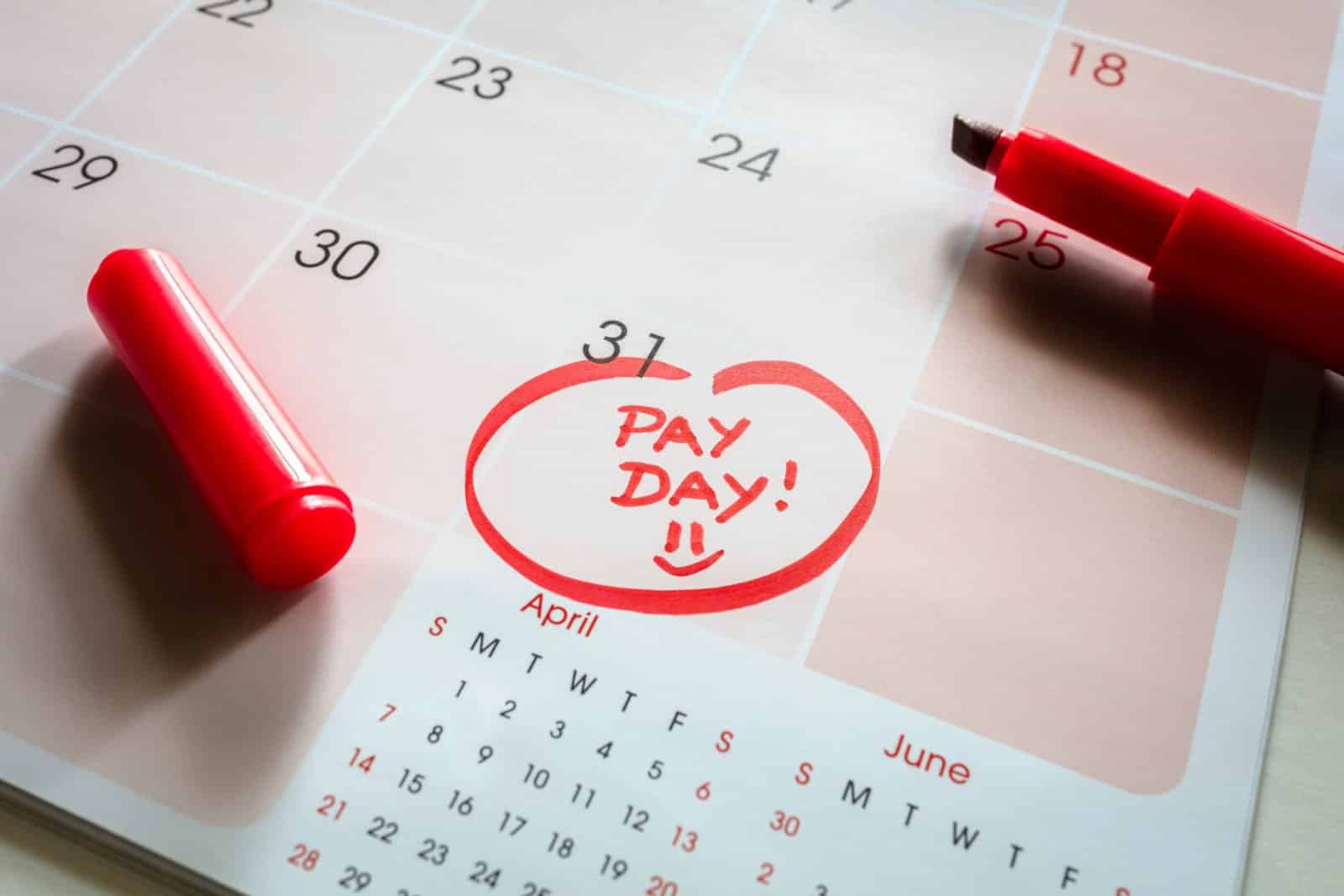
On the other side of the coin, some people are suggesting that the minimum wage should be higher. The argument is that it’s not high enough to lift people out of poverty, and too many people still rely on food banks.
The Living Wage Foundation Suggests Different Figures

The ‘Real Living Wage’ isn’t a legal requirement, more a guideline. It has set a UK wide figure of £12 per hour, and £13.15 in London to cope with higher costs in the capital.
Living Wage Benefits a Significant Number of Employees

The Living Wage Foundation charity says more than 460,000 employees working for 14,000 firms currently receive the real living wage. These people otherwise may be on the national minimum wage.
IMF Unsure About Impact of Minimum Wage

A report by the International Monetary Fund on minimum wages and their effects found that “research spanning several decades has not settled the debate”.
Report Claims Evidence in Support of Minimum Wage ‘Inconclusive’

It suggests that there are studies in support of the minimum wage impact for workers, whilst “others conclude that it is harmful. Many studies have been inconclusive”.
UK an Example of Positive Intervention
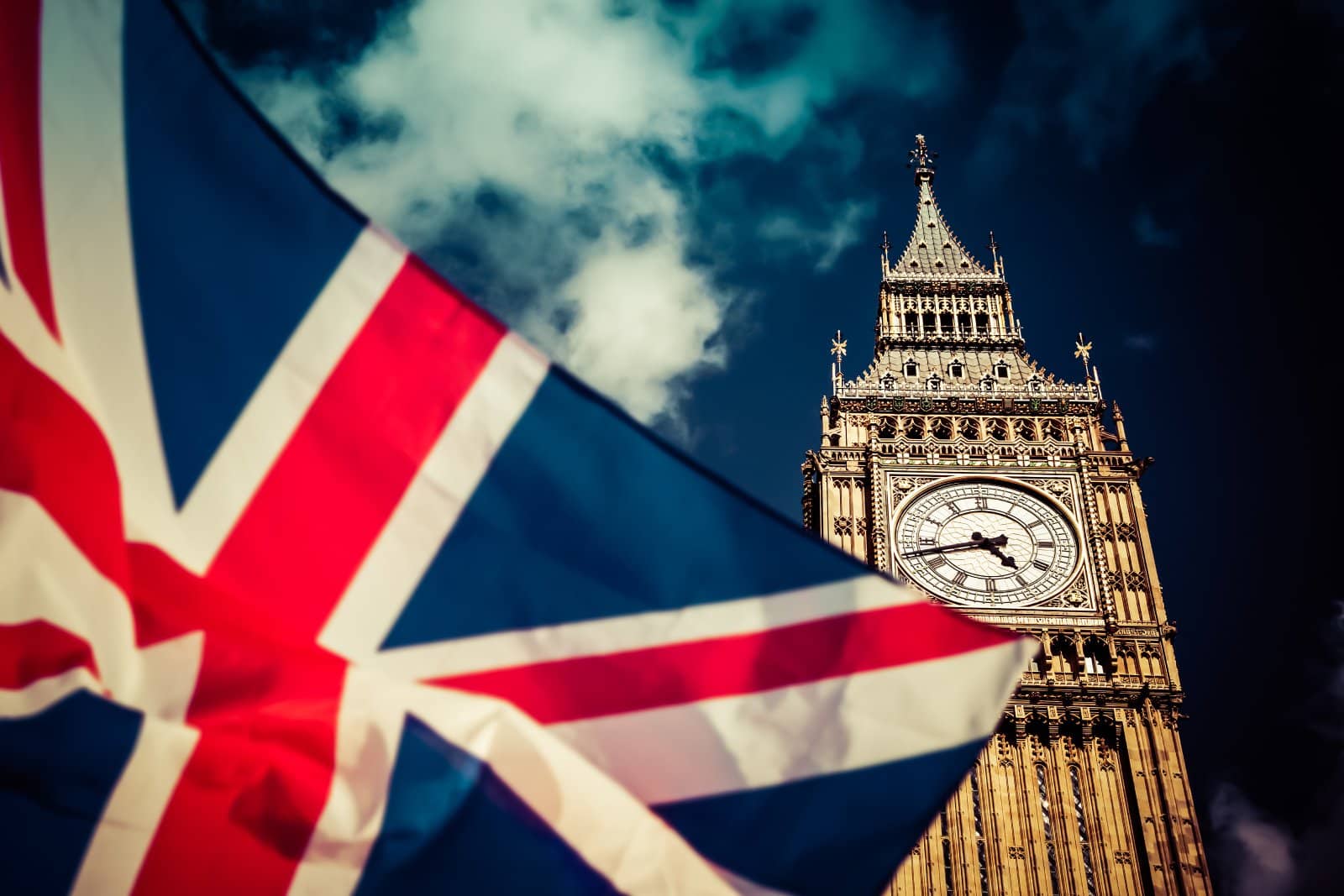
Perhaps the conclusions to draw are that a minimum wage intervention has to be supported by government legislation to make it work effectively. The UK is an example of how the system can work effectively.
Pay Gap Shrinking Thanks to Minimum Wage
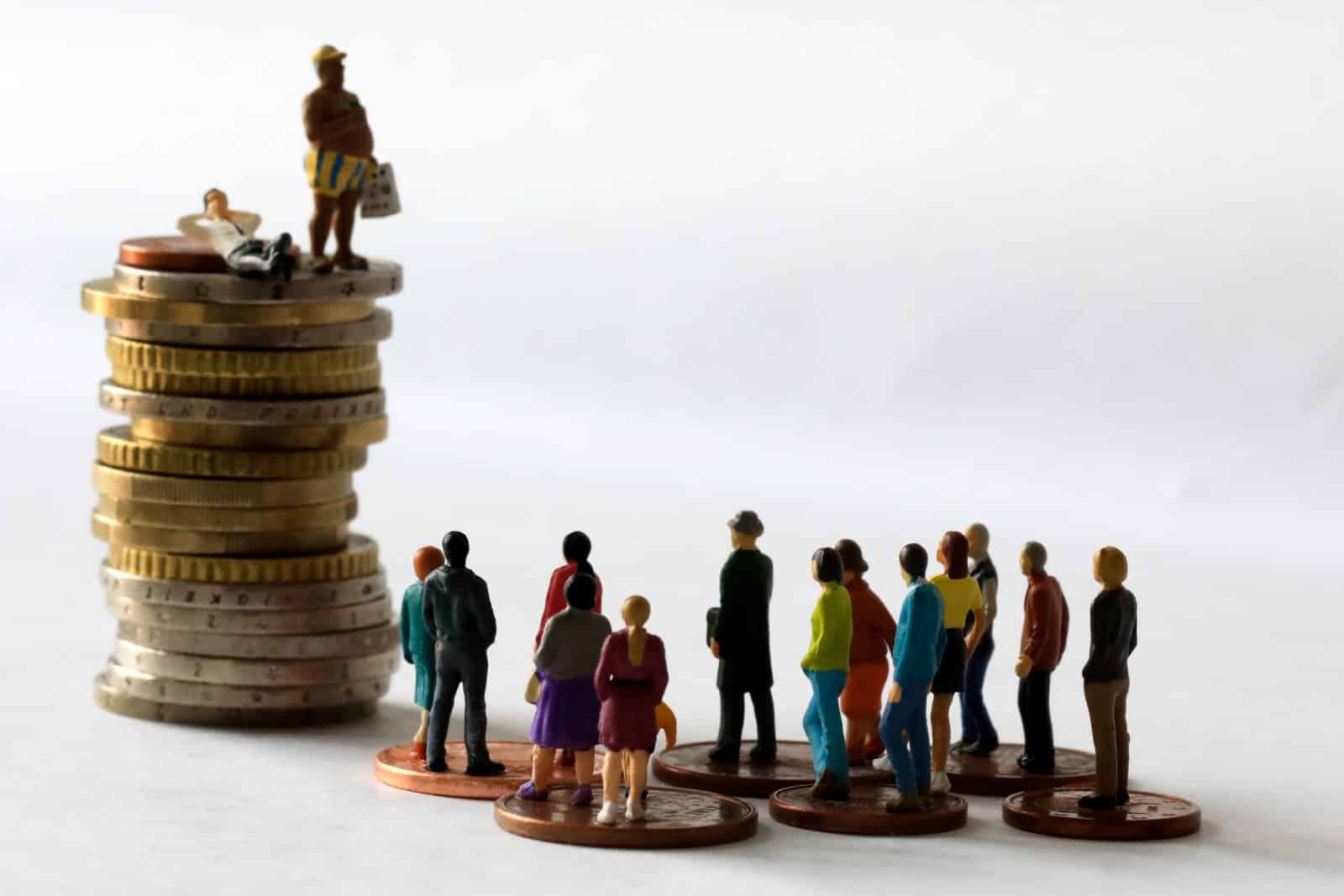
The Resolution Foundation said between 1980 and 1998, hourly pay growth in the UK was more than double for the highest earners compared to the lowest earners – 3.1% versus 1.4% a year.
Intervention Worked to Support Low Earners

The Resolution Foundation went on to say, “But since 1999 this trend has reversed, and hourly pay inequality has fallen with pay growth for the lowest earners five times that seen by the highest earners – 1.6% versus 0.3 per cent per year”
Critics Fear Minimum Wage Increase Could Spark Fresh Inflation

One of the arguments used against the planned increase in the minimum wage is that it could spark a fresh wave of inflation. Some say businesses will pass on increased costs to customers.
Supporters Say Inflation Is the Reason We Need a Rise

Those in support of an increase in the minimum wage say that high inflation since 2021 has forced families to the brink, so the extra money is long overdue for those who are struggling.
Government Hoping to Win Support With Increase

The government has been criticised for their role in forcing people into poverty, so there’s hope in some corners that this will be seen as a vote winner. It’s the largest ever cash increase in the minimum wage since its inception.
Low Pay Commission Suggesting Pay Growth is Responsible For Size of Increase

The Low Pay Commission statement says… “The size of this increase is driven by the strength of pay growth across the economy, which is forecast to continue into next year.”
Increase in Wages Seen as Timely Boost for Many
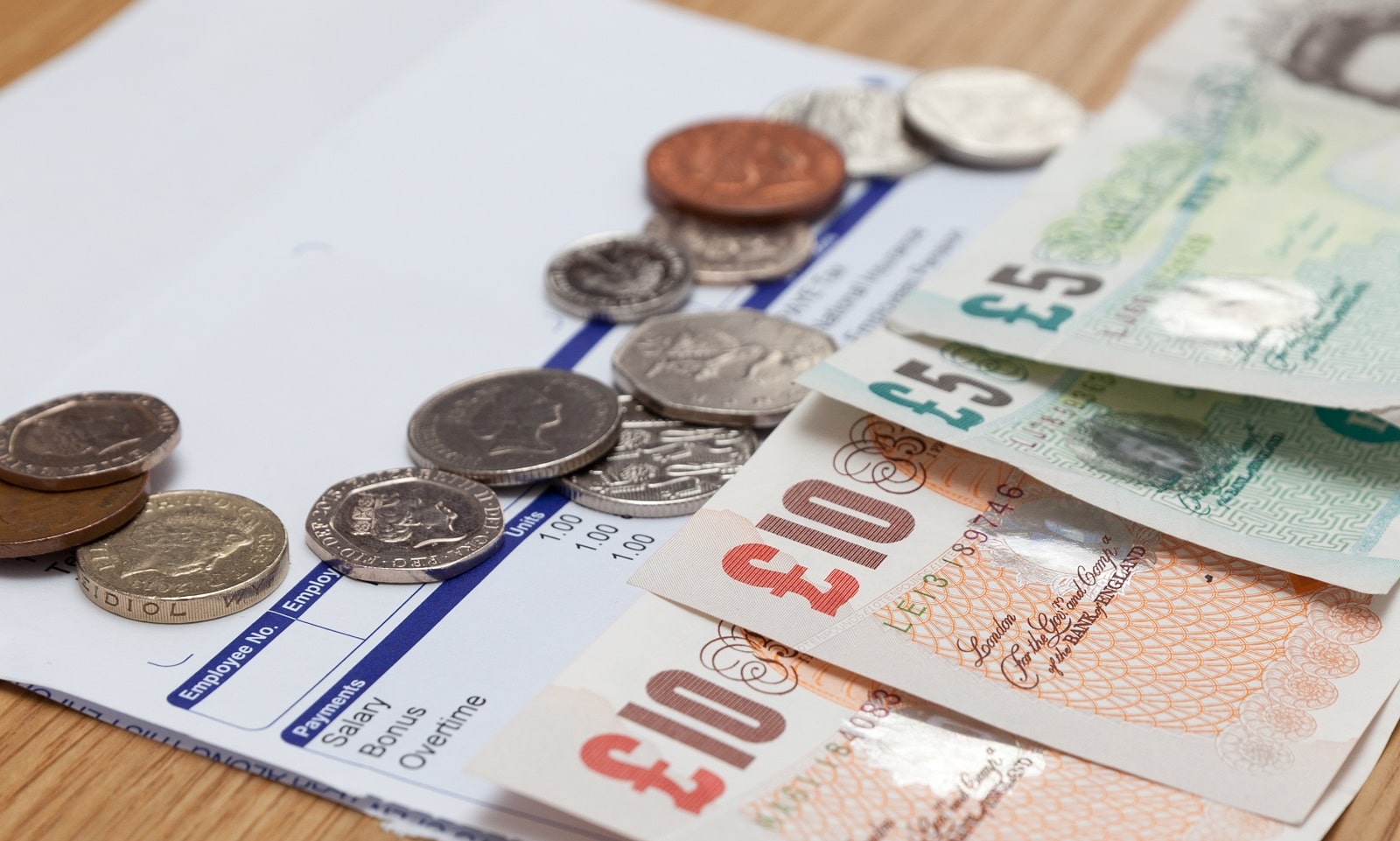
With food bank usage at record levels, many of the country’s lowest earners will undoubtedly welcome this increase in minimum wage. To a full-time worker, it will represent an increase in annual gross pay of nearly £2000.
More Articles Like This…
Broken Britain: 12 Reasons Behind the UK’s Decline
Say the Unsayable: 10 Occasions When Farage Spoke His Mind About Britain
The post Minimum Wage Policy Is Britain’s Most Successful Economic Policy in Years, Says Think Tank first appeared on Edge Media.
Featured Image Credit: Shutterstock / Andrey_Popov.

